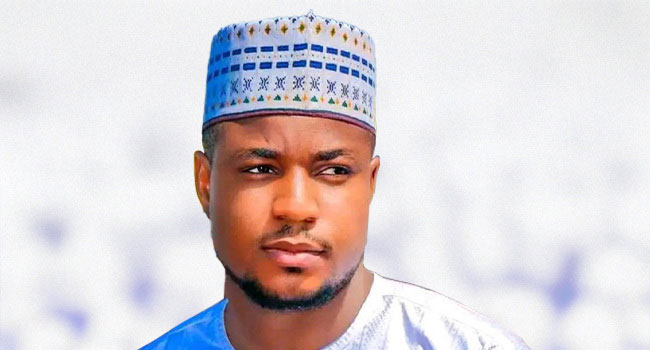On Tuesday, a Kano Upper Shari’a Court, presided over by Ustaz Ibrahim Sarki Yola, will begin hearings concerning a criminal complaint against the suspended Jigawa State Commissioner for Special Duties, Auwal Danladi Sankara, and Tasleem Baba Nabegu, who is the wife of the complainant, Alhaji Nasiru Buba. The allegations center on accusations of adultery between Sankara and Tasleem, which is against Islamic law. The case arose after the Kano State Hisbah Board arrested Sankara last Thursday in an unfinished building owned by him, where he was found with the married woman. This incident has caused significant embarrassment for the Jigawa State government, leading Governor Umar Namadi to suspend Sankara and establish a five-member panel to investigate the claims.
The complaint was made directly by Nasiru Buba, indicating his belief that an illicit relationship was ongoing between his wife and Sankara. The court’s proceedings are anticipated to reveal details of the alleged affair. On Monday, a court registrar clarified that the hearing was scheduled for Tuesday, not Monday as previously reported. In connection to the case, Buba’s counsel, Sa’idu Muhammad Tudu Wada, represented by Barrister Haruna Magashi, emphasized that they seek an investigation into the allegations of infidelity and potential criminal activity by Sankara, asserting that the court should facilitate a deeper investigation by the police or relevant authority.
In response to these allegations, Danladi Sankara’s attorney, Shehu Suleiman, expressed his client’s surprise at the claims made in the media, asserting that Sankara had not been arrested based on a complaint from the Kano State Hisbah Board but rather due to a direct criminal complaint from Buba. Suleiman stressed that it was vital for the public and the media to understand that the case in court is not a matter initiated by the Hisbah Board; rather, it is a direct criminal complaint against his client and the complainant’s wife. He maintains that Sankara is innocent and is fully prepared to defend himself to clear his name.
The actions of the Hisbah Board attracted regional attention, showcasing the intersection of Islamic law and local governance in matters of morality and adult conduct. The case is emblematic of the various ways in which ethics, public conduct, and legal structures interact in the enforcement of Islamic law in Kano State. Moreover, the political implications of the case extend beyond just the scandal; they also threaten to affect the stability and reputation of the state government, considering the high-profile nature of the accused.
As the hearings prepare to commence, public interest in the unfolding drama grows, with diverse opinions circulating on social media and among the populace regarding both the events that transpired and the broader implications for the parties involved. With a government panel also instituted to investigate alongside the legal proceedings, the stakes are high for both Sankara and Buba, as their reputations and the ramifications of the case have the potential to resonate throughout the community and the political landscape of Jigawa State.
In conclusion, the Kano Upper Shari’a Court’s hearing represents not only a legal dispute over alleged infidelity but also a demonstration of the complexities involved when personal matters intertwine with public duty and moral expectations under Islamic law. As the court gears up for the proceedings, the outcome has significant potential to influence both the personal lives of those involved and the political climate of the region, highlighting the importance of this case beyond its immediate allegations. The preservation of personal dignity, the right to a fair defense, and the principles of justice will be under scrutiny as all parties prepare for a confrontation in a court of law.


